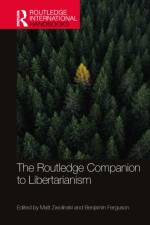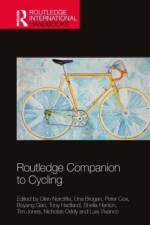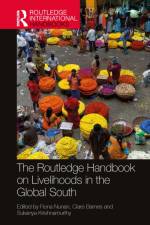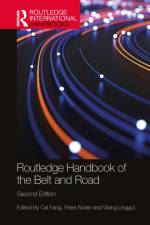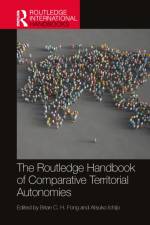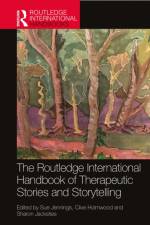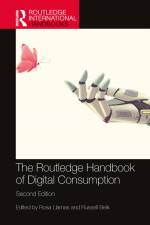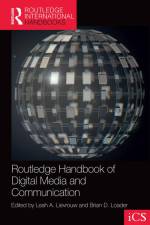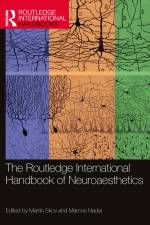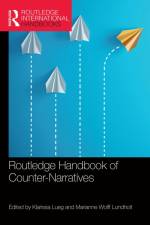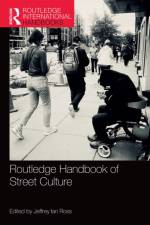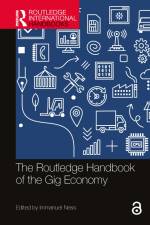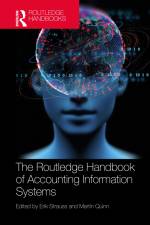av Rosa Llamas
2 917
Since the publication of the ground-breaking first edition, there has been an exponential growth in research and literature about the digital world and its enormous potential benefits and threats. Fully revised and updated, this new edition brings together an expertly curated and authoritative overview of the impact and emerging horizons of digital consumption.Divided into sections, it addresses key topics including digital entertainment, self-representation, communication, Big Data, digital spirituality, online surveillance, and algorithmic advertising. It explores developments such as consumer data collection techniques, peer-to-peer payment systems, augmented reality, and AI-enhanced consumer well-being, as well as digital transgression, secrecy, crypto-currencies, NFTs, and cultural concerns such as the spread of conspiracy theories and fake news. From digital influencers, digital nomads, and digital neo-tribalism to robots and cyborgs, it explores existences that blur boundaries between humans and machines, reality and the metaverse, and the emerging "technoculture" - a state of all-encompassing digital being.This unique volume is an essential resource for scholars, practitioners, and policy makers, and will continue to provide a new generation of readers with a deep understanding of the universe of digital consumption.

